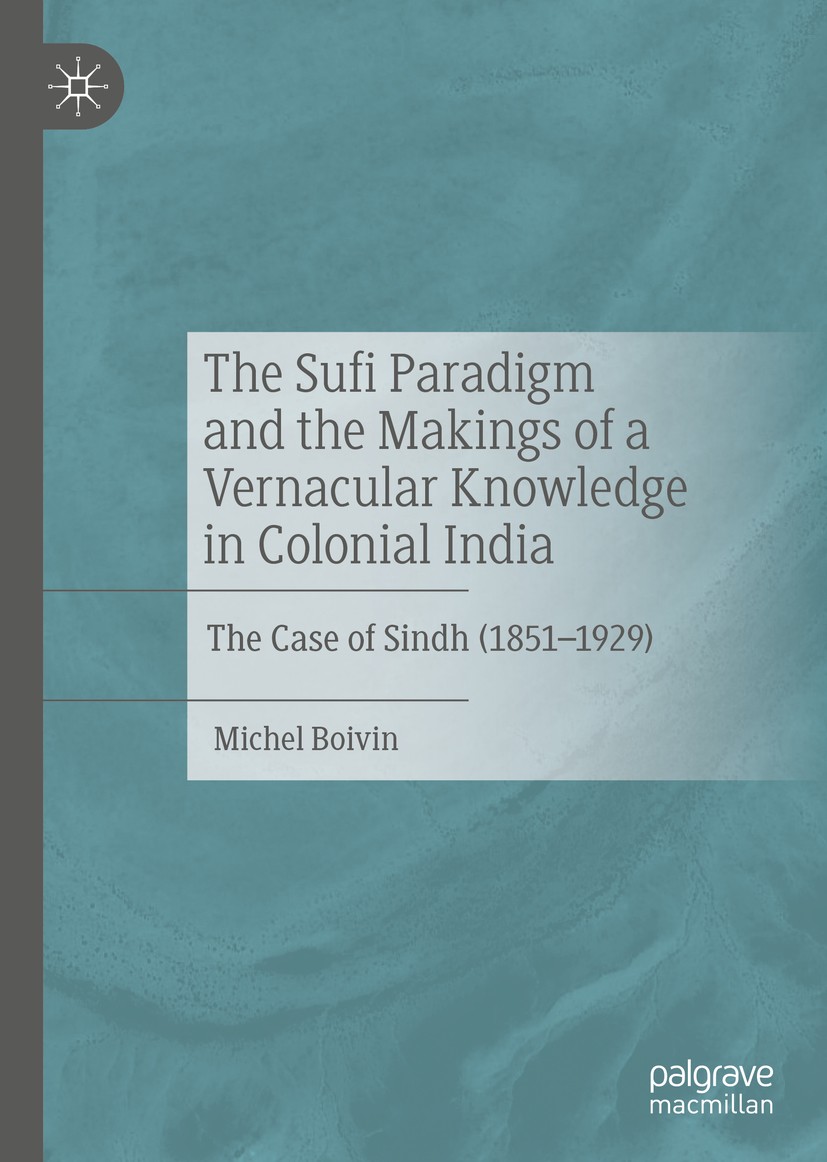| 书目名称 | The Sufi Paradigm and the Makings of a Vernacular Knowledge in Colonial India | | 副标题 | The Case of Sindh (1 | | 编辑 | Michel Boivin | | 视频video | http://file.papertrans.cn/921/920771/920771.mp4 | | 概述 | Explores the historical encountering between two religious cultures that today are mostly perceived as being antagonistic.Provides an innovative perspective on how the colonized escaped the control of | | 图书封面 |  | | 描述 | .This book demonstrates how a local elite built upon colonial knowledge to produce a vernacular knowledge that maintained the older legacy of a pluralistic Sufism. As the British reprinted a Sufi work, Shah Abd al-Latif Bhittai‘s .Shah jo risalo., in an effort to teach British officers Sindhi, the local intelligentsia, particularly driven by a Hindu caste of professional scribes (the Amils), seized on the moment to promote a transformation from traditional and popular Sufism (the .tasawuf.) to a Sufi culture (.Sufiyani saqafat.). Using modern tools, such as the printing press, and borrowing European vocabulary and ideology, such as Theosophical Society, the intelligentsia used Sufism as an idiomatic matrix that functioned to incorporate difference and a multitude of devotional traditions—Sufi, non-Sufi, and non-Muslim—into a complex, metaphysical spirituality that transcended the nation-state and filled the intellectual, spiritual, and emotionalvoids of postmodernity.. | | 出版日期 | Book 2020 | | 关键词 | Sufism; India; new elite; knowledge; colonization; Islam; Hinduism; Indigenous Epistemology; Colonial Knowle | | 版次 | 1 | | doi | https://doi.org/10.1007/978-3-030-41991-2 | | isbn_softcover | 978-3-030-41993-6 | | isbn_ebook | 978-3-030-41991-2 | | copyright | The Editor(s) (if applicable) and The Author(s), under exclusive license to Springer Nature Switzerl |
The information of publication is updating

|
|
 |Archiver|手机版|小黑屋|
派博传思国际
( 京公网安备110108008328)
GMT+8, 2026-2-8 13:10
|Archiver|手机版|小黑屋|
派博传思国际
( 京公网安备110108008328)
GMT+8, 2026-2-8 13:10


